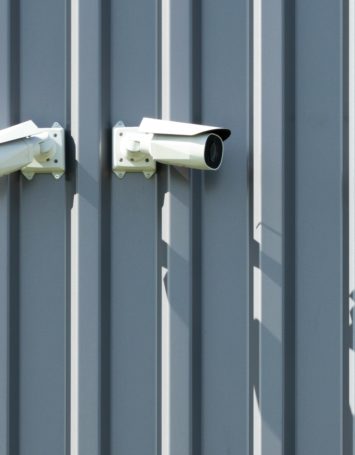Written by Ephraim Zachary Heiliczer
Israel is increasingly aligning its patent prosecution practices with major global jurisdictions, including the European Patent Office (EPO) and the United States (US). This alignment enables applicants to streamline their patent prosecution in Israel by harmonizing claims and petitioning for immediate allowance based on granted claims from leading jurisdictions (e.g., US, EP, Japan, Canada, Australia).
Consistent with this trend, applicants are generally advised to petition for allowance in Israel based on corresponding foreign patents rather than prosecuting broader claims. Broader claims than those accepted in jurisdictions such as the US or EP often trigger challenging office actions and complicate potential opposition proceedings. Israeli examiners are explicitly instructed to consider foreign prosecution outcomes, and opposing parties commonly leverage differences between Israeli claims and those approved abroad during oppositions.
Strategically deferring substantive examination in Israel offers significant advantages. Deferral allows adequate time for foreign patents to issue, enabling applicants to petition for allowance based on these granted claims before Israeli examination begins. This approach often results in immediate allowance, reducing the risk of extensive office actions recycled from foreign jurisdictions or more stringent examinations involving new citations. New citations introduced by Israeli examiners, especially those in languages such as Russian, due to examiners’ proficiency, can complicate global patent strategies since they are disclosed to foreign examiners and third-party opposers. Additionally, delaying prosecution helps postpone third-party oppositions, allowing applicants to address foreign oppositions, such as those at the EPO, prior to any Israeli opposition.
Finally, upcoming initiatives at the Israeli Patent Office aim to further facilitate harmonization. Draft guidelines intend to clarify technical parameters, such as percentage identity for antibodies, aligning them more closely with foreign standards. Additional proposals aim to simplify prosecution, making petitions for allowance based on foreign applications easier by enabling claim amendments that conform to Israel-specific practices, such as the restriction on amended method-of-treatment claims. These measures will further promote harmonization with international patent practices.



